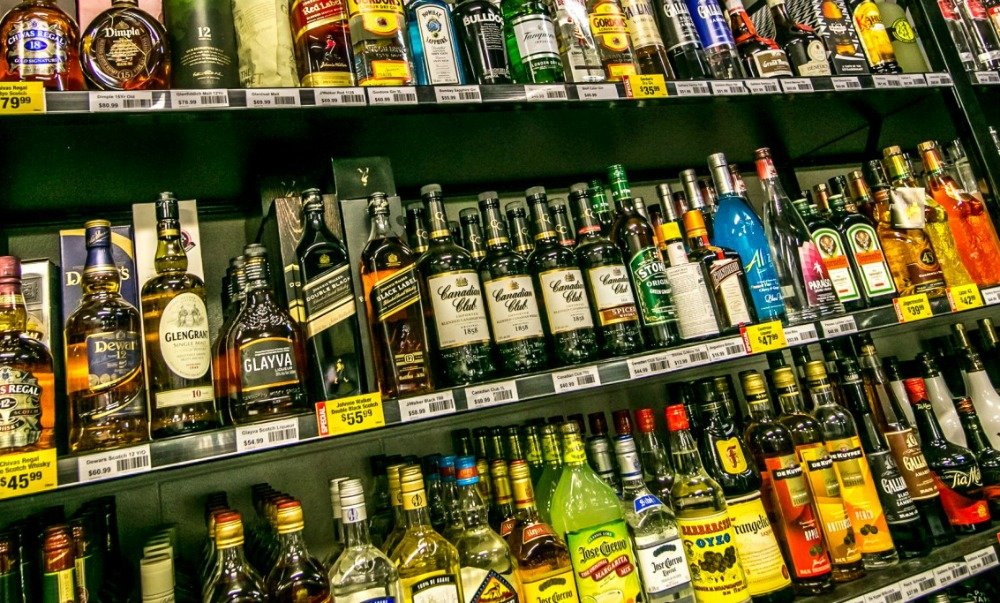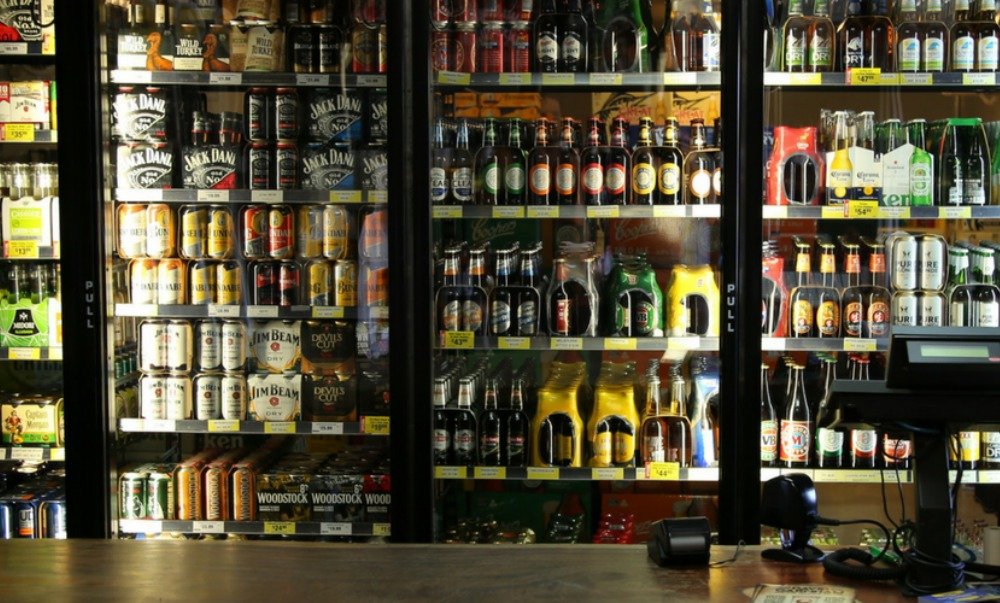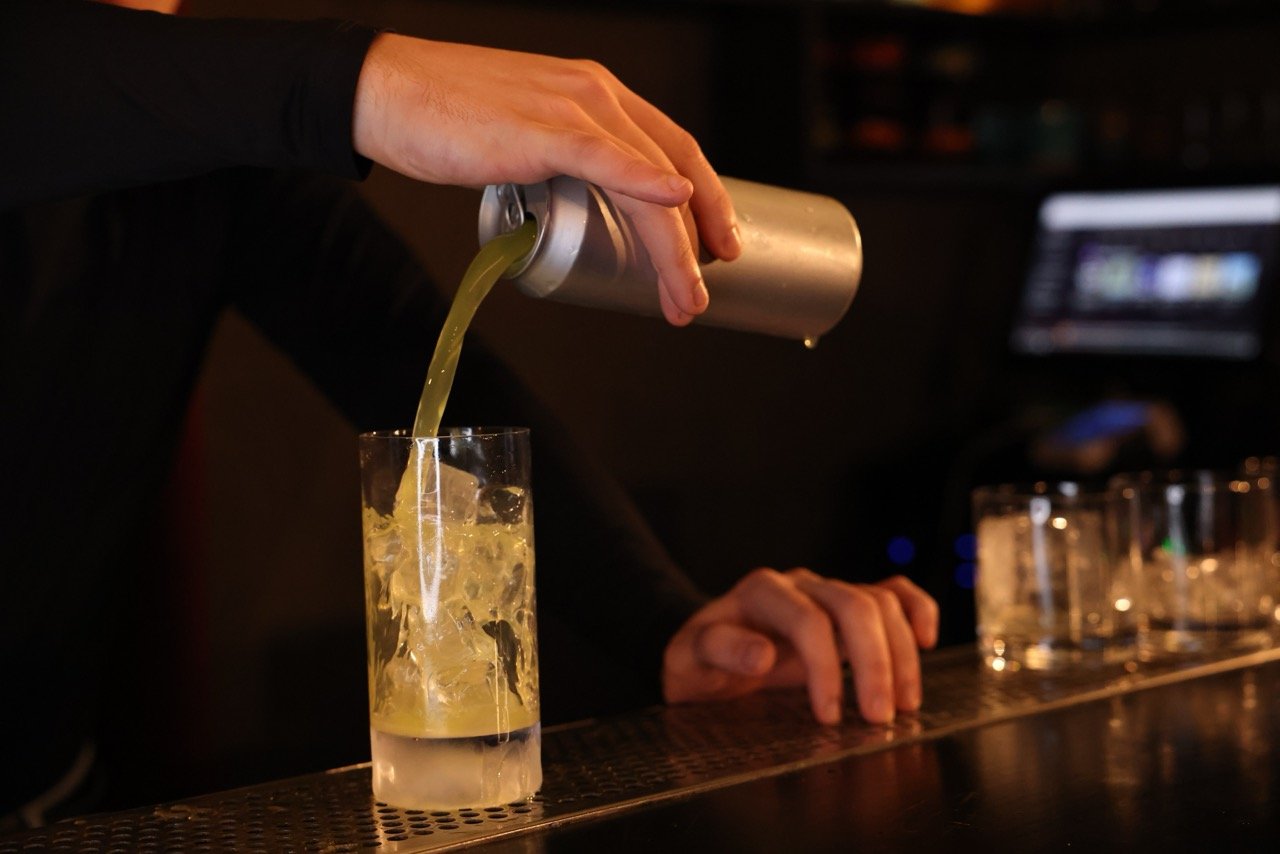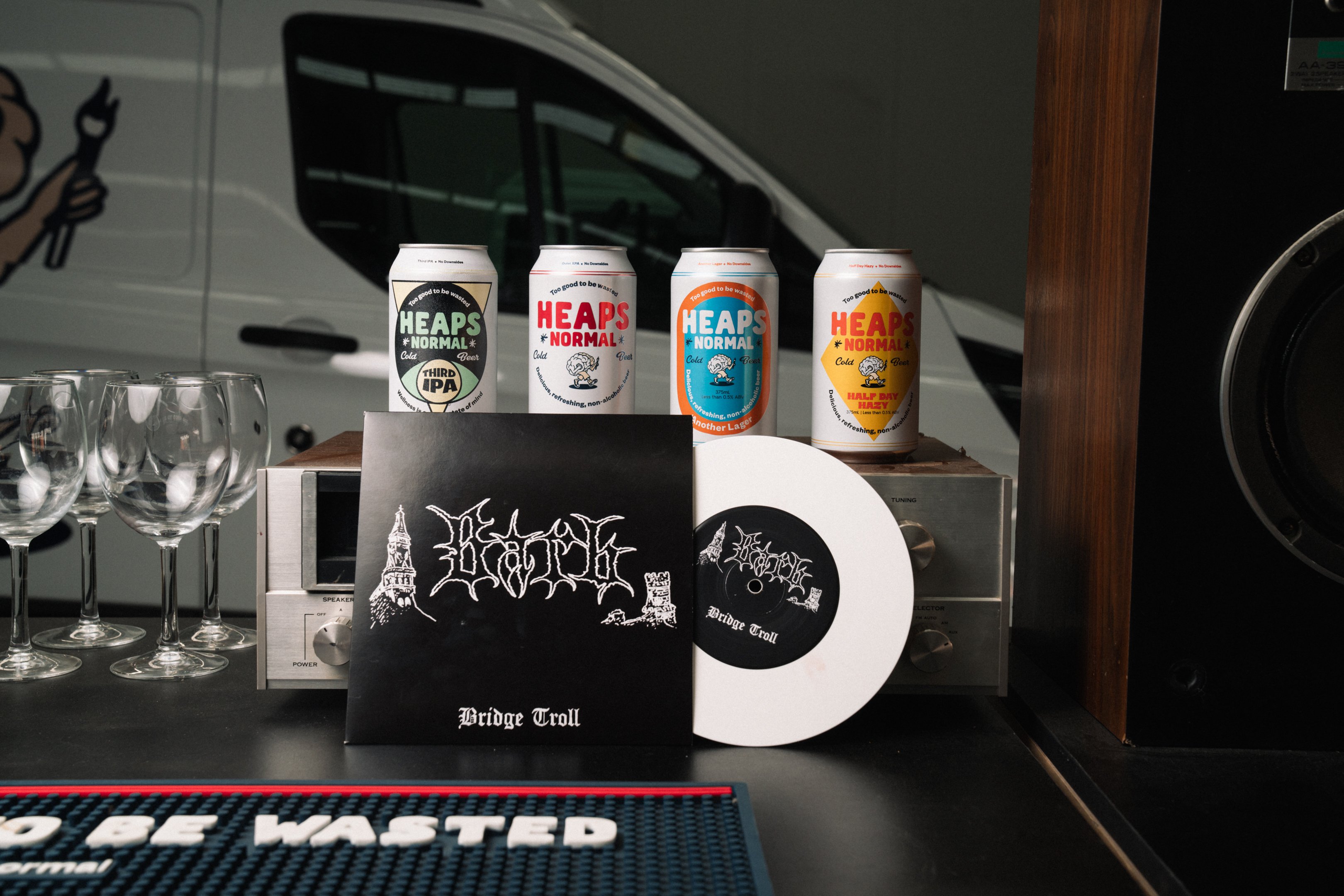Retail Drinks Australia says it is astonished that new report on the controversial NT Minimum Unit Price (MUP) scheme has deemed it a success despite data inconsistencies.
The independent report, commissioned by the Northern Territory Government and conducted by Professor Peter Miller of Deakin University admitted any outcomes from the legislation were “impossible to distinguish”.
Professor Miller noted decreases to total alcohol wholesale per capita, alcohol-related assault, ambulance attendances, and road traffic crashes since MUP was implemented on October 1, 2018.
The floor pricing initiative, set out laws that a standard drink would cost a minimum of $1.30, meaning a 750ml bottle of wine containing 7.7 standard drinks couldn’t be sold for less than $10.01.
“Modelling was able to observe change in trends at and after October 2018,” the report said. “However, some changes … coincided with other interventions that were implemented at a similar time meaning the independent impact of MUP was impossible to distinguish.”
The report, titled “Investigating the introduction of the alcohol minimum unit price in the Northern Territory”, was commissioned to provide an interim evaluation of the effectiveness of the floor price in the NT.
Retail Drinks said the report was inconclusive and inadequate, and warned of significant inconsistencies in its data.
Retail Drinks CEO Julie Ryan says it was "astonishing" that the NT Government would even consider releasing a report "with such glaring and self-admitted inadequacies".
“By its own qualifications, which are of course buried in a footnote, the authors acknowledge that 'the independent impact of MUP was impossible to distinguish'," Ryan said.
This was due to the already declining trends of various alcohol related harm measures relied upon to call MUP a success, combined with the fact that MUP was introduced at the same time as a significant number of other policy measures.
“We really have to ask the question how a report can form a conclusion that MUP was successful, when by its own admission, it cannot separate out the impact of MUP from other alcohol-related policies,” Ryan added.

She also raised concerns that the report contained inaccurate summaries of NT alcohol sales and therefore that conclusions drawn in relation to changes in per capita consumption should be called into question.
Retail Drinks report reveals alcohol sales increase in NT
Ryan instead referred to a report commissioned by Retail Drinks from Frontier Economics to conduct a study comparing NT alcohol sales in the 12 months prior to MUP’s introduction to those in the 12 months afterwards.
“Frontier Economics’ preliminary results show that total alcohol sales have increased by over two million standard drinks in the 12 months since an alcohol floor price was introduced in the NT, when compared to the corresponding year before," she said.
“Even more concerning is that per capita consumption per week has actually increased by 1.2%, even though according to government figures, per capita consumption in the NT had been previously decreasing by 2.1% per annum.”
“Put simply, since the floor price was introduced into the NT, Territorians have purchased more alcohol.”
Ryan stated that the findings support existing knowledge of NT minimum floor price flaws in attempting to target problem or heavy drinkers.
“We know that problem drinkers are the least price elastic, in other words, the least likely to change their behaviour in relation to a change in price," she said.
“When MUP was first introduced, we issued a strong warning that substituting other products, both alcohol and other substances of intoxication, would occur, which has been supported by the Frontier Economics’ Report.
“According to the 12 months of sales data analysed after MUP was introduced, there was an almost 50% reduction in cask wine sales but significant increases were recorded across every other alcohol category, including 15% growth in spirits.
“This is consistent with the MUP experience in Scotland, introduced a few months before the NT, where Nielsen scan data of retail sales revealed that Scottish drinkers bought more than 25 million additional units of alcohol compared with the corresponding period the year before.”
Ryan said that it was still too early to properly determine the impact of NT minimum floor price measures and that further analysis and evaluation was needed.
“Given that MUP in the NT has only been in place for slightly over 18 months, it is still far too early to tell the full impact on long-term consumer behaviour, particularly that of problem drinkers which it was intended to target," she added.
“We are not confident that any methodology exists which can properly isolate the impacts of the MUP on alcohol related harm, when over 200 policy measures were implemented in the NT at the same time.
“200 darts were thrown at the dartboard of alcohol related harm and to allege you can isolate the specific incremental impact of just one is just not plausible. It seems the report’s authors agree.”
Ryan noted that a robust and comprehensive evaluation must be conducted at the three-year mark, including a qualitative, quantitative and anthropological study, in line with NT Government’s originally stated methodology.
Until that time, Ryan concluded: “While the report is of no substantive value, we can agree on the finding that “It will be difficult to attribute any reductions in alcohol-related harm to any one individual policy initiative.”
Share the content










